42 independent record labels 1950s
en.wikipedia.org › wiki › Empty_stringEmpty string - Wikipedia Formal theory. Formally, a string is a finite, ordered sequence of characters such as letters, digits or spaces. The empty string is the special case where the sequence has length zero, so there are no symbols in the string. en.wikipedia.org › wiki › Decca_RecordsDecca Records - Wikipedia Decca Records is a British record label established in 1929 by Edward Lewis.Its U.S. label was established in late 1934 by Lewis, Jack Kapp, American Decca's first president, and Milton Rackmil, who later became American Decca's president.
en.wikipedia.org › wiki › Record_labelRecord label - Wikipedia Major versus independent record labels Record labels may be small, localized and " independent " ("indie"), or they may be part of a large international media group , or somewhere in between. The Association of Independent Music (AIM) defines a 'major' as "a multinational company which (together with the companies in its group) has more than 5% ...
Independent record labels 1950s
en.wikipedia.org › wiki › Alternative_rockAlternative rock - Wikipedia The Dead Kennedys formed the independent record label Alternative Tentacles in 1979, releasing influential underground music such as the 1983 self-titled EP from the Butthole Surfers. By 1984, a majority of groups signed to indie labels mined from a variety of rock and particularly 1960s rock influences. en.wikipedia.org › wiki › Columbia_RecordsColumbia Records - Wikipedia Columbia became the most successful non-rock record company in the 1950s after it lured producer and bandleader Mitch Miller away from the Mercury label in 1950. Despite its many successes, Columbia remained largely uninvolved in the teenage rock'n'roll market until the mid-1960s, despite a handful of crossover hits, largely because of Miller's ... en.wikipedia.org › wiki › Indie_rockIndie rock - Wikipedia Indie rock is a subgenre of rock music that originated in the United States, United Kingdom and New Zealand from the 1970s to the 1980s. Originally used to describe independent record labels, the term became associated with the music they produced and was initially used interchangeably with alternative rock or "guitar pop rock".
Independent record labels 1950s. en.wikipedia.org › wiki › Independent_musicIndependent music - Wikipedia In the United States, independent labels and distributors often banded together to form organizations to promote trade and parity within the industry. The Recording Academy, famous as the organization behind the Grammy Awards, began in the 1950s as an organization of 25 independent record labels including Herald, Ember, and Atlantic Records. en.wikipedia.org › wiki › Indie_rockIndie rock - Wikipedia Indie rock is a subgenre of rock music that originated in the United States, United Kingdom and New Zealand from the 1970s to the 1980s. Originally used to describe independent record labels, the term became associated with the music they produced and was initially used interchangeably with alternative rock or "guitar pop rock". en.wikipedia.org › wiki › Columbia_RecordsColumbia Records - Wikipedia Columbia became the most successful non-rock record company in the 1950s after it lured producer and bandleader Mitch Miller away from the Mercury label in 1950. Despite its many successes, Columbia remained largely uninvolved in the teenage rock'n'roll market until the mid-1960s, despite a handful of crossover hits, largely because of Miller's ... en.wikipedia.org › wiki › Alternative_rockAlternative rock - Wikipedia The Dead Kennedys formed the independent record label Alternative Tentacles in 1979, releasing influential underground music such as the 1983 self-titled EP from the Butthole Surfers. By 1984, a majority of groups signed to indie labels mined from a variety of rock and particularly 1960s rock influences.






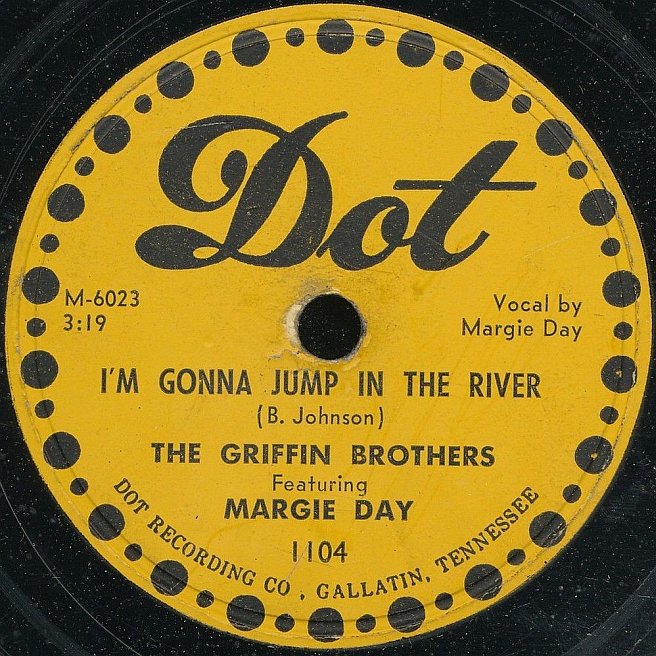

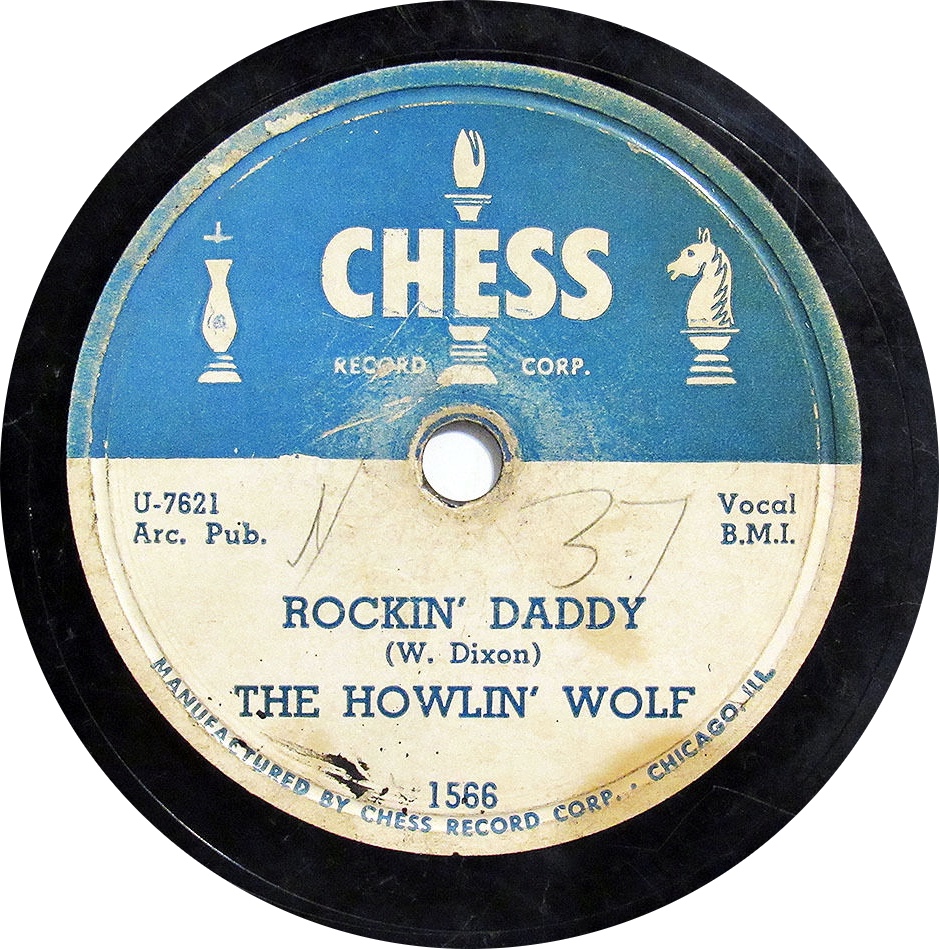
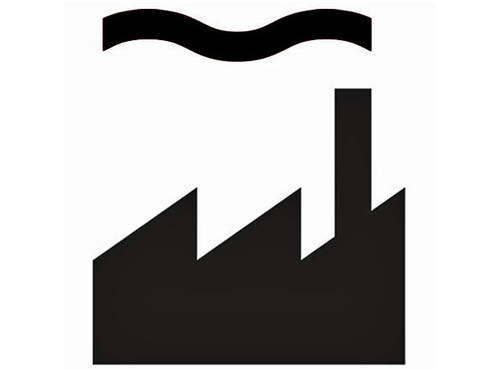


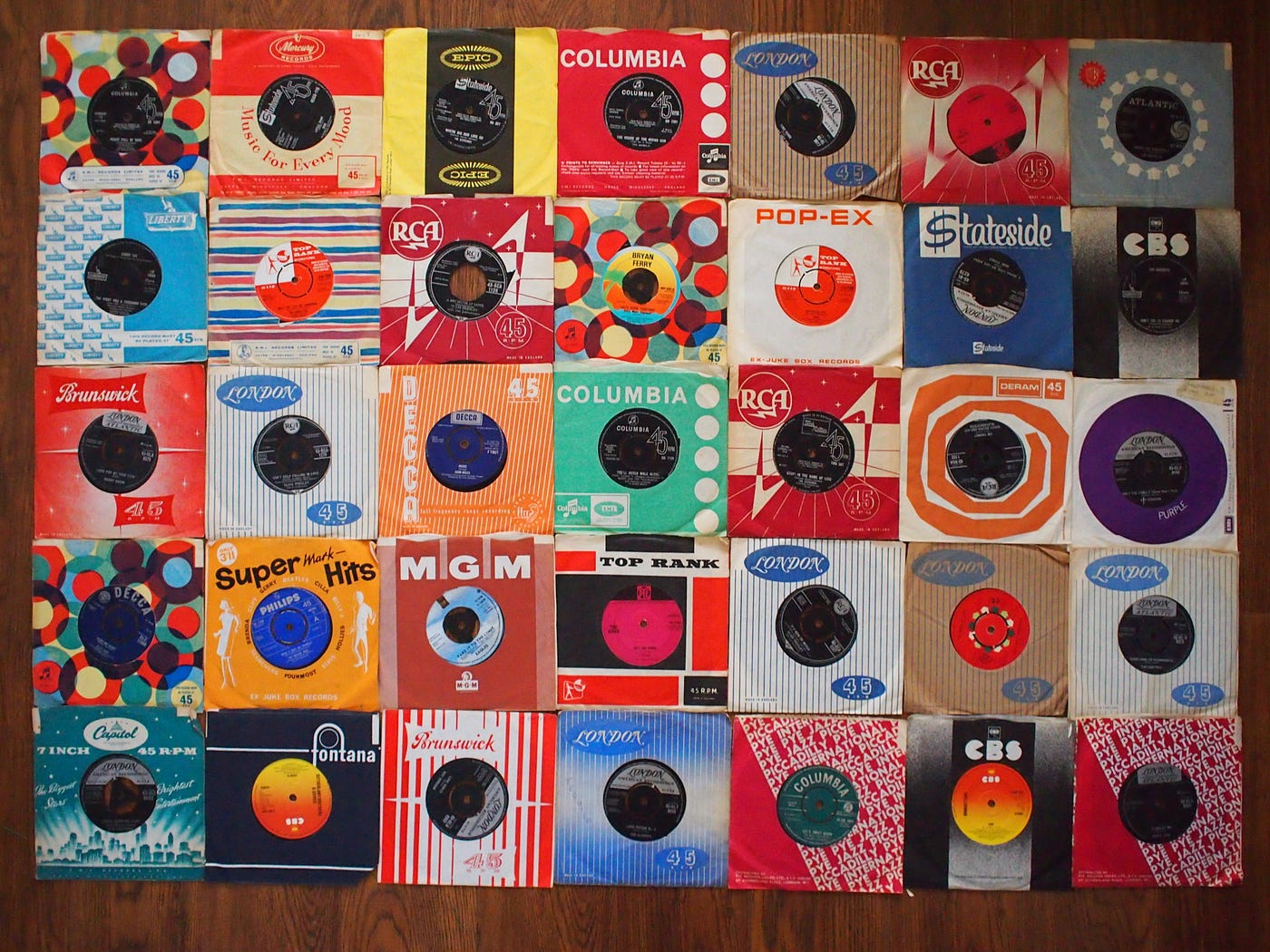









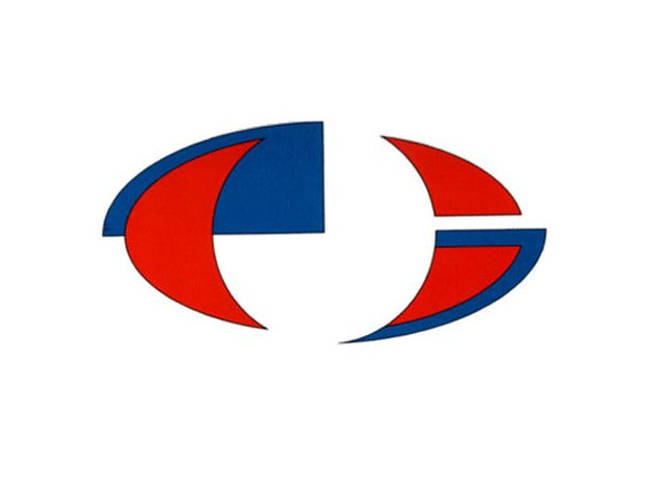

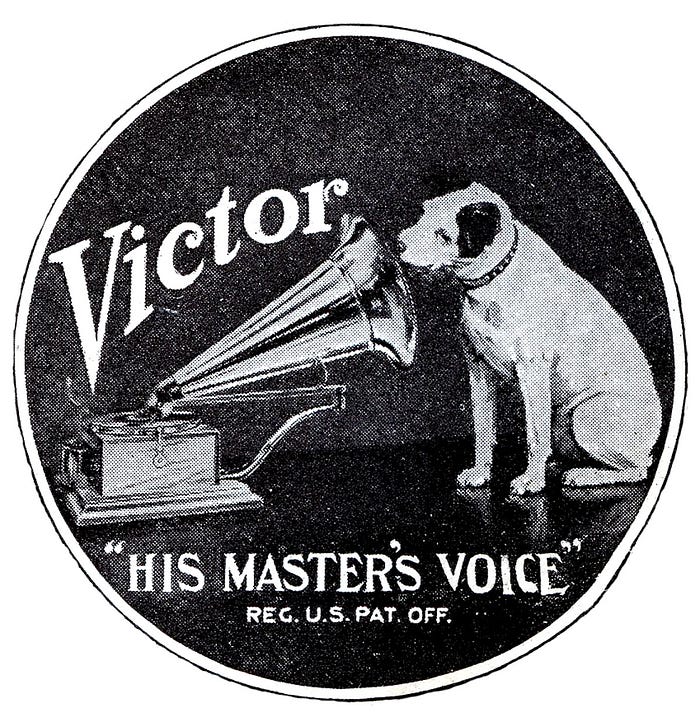




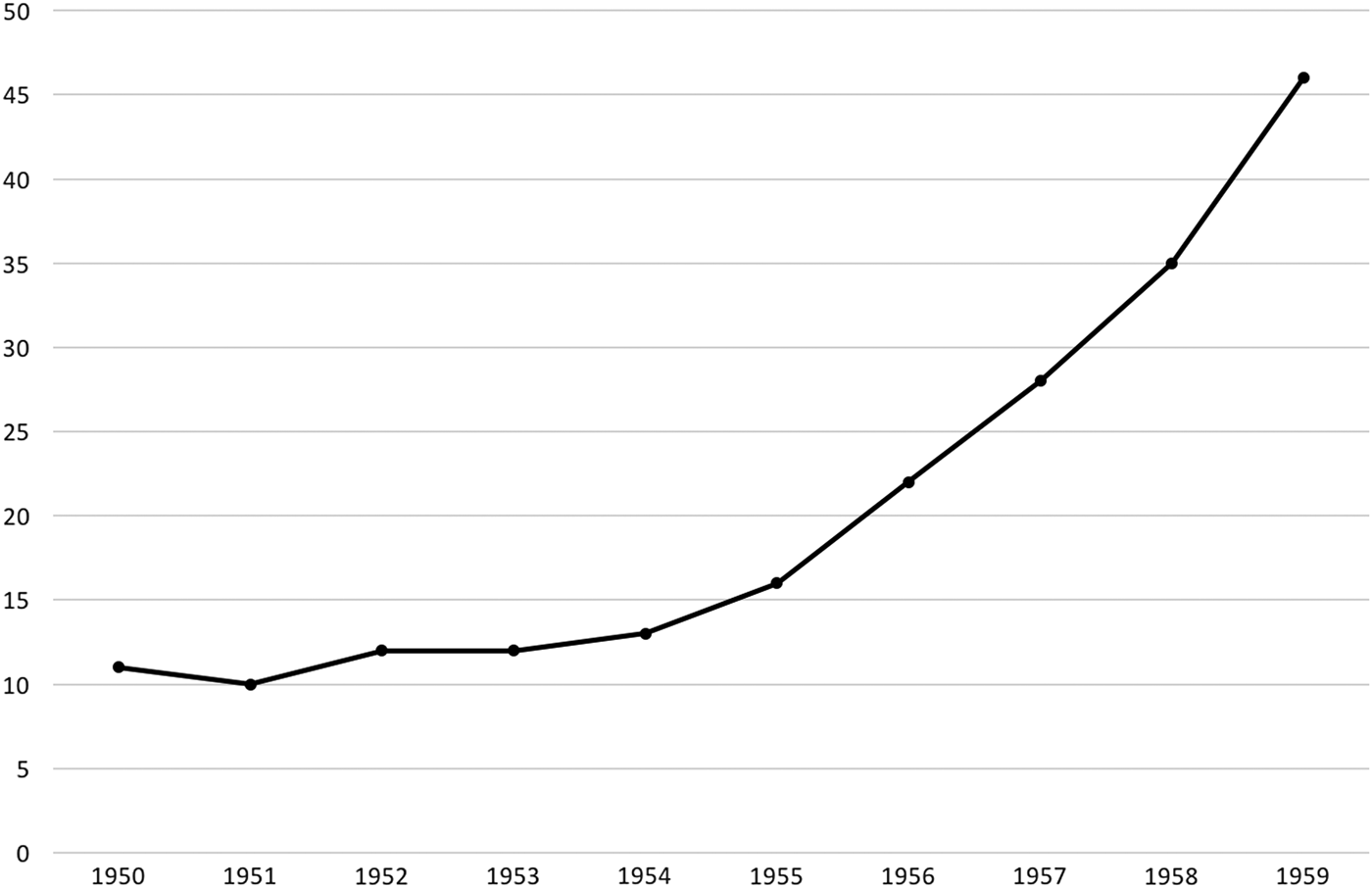



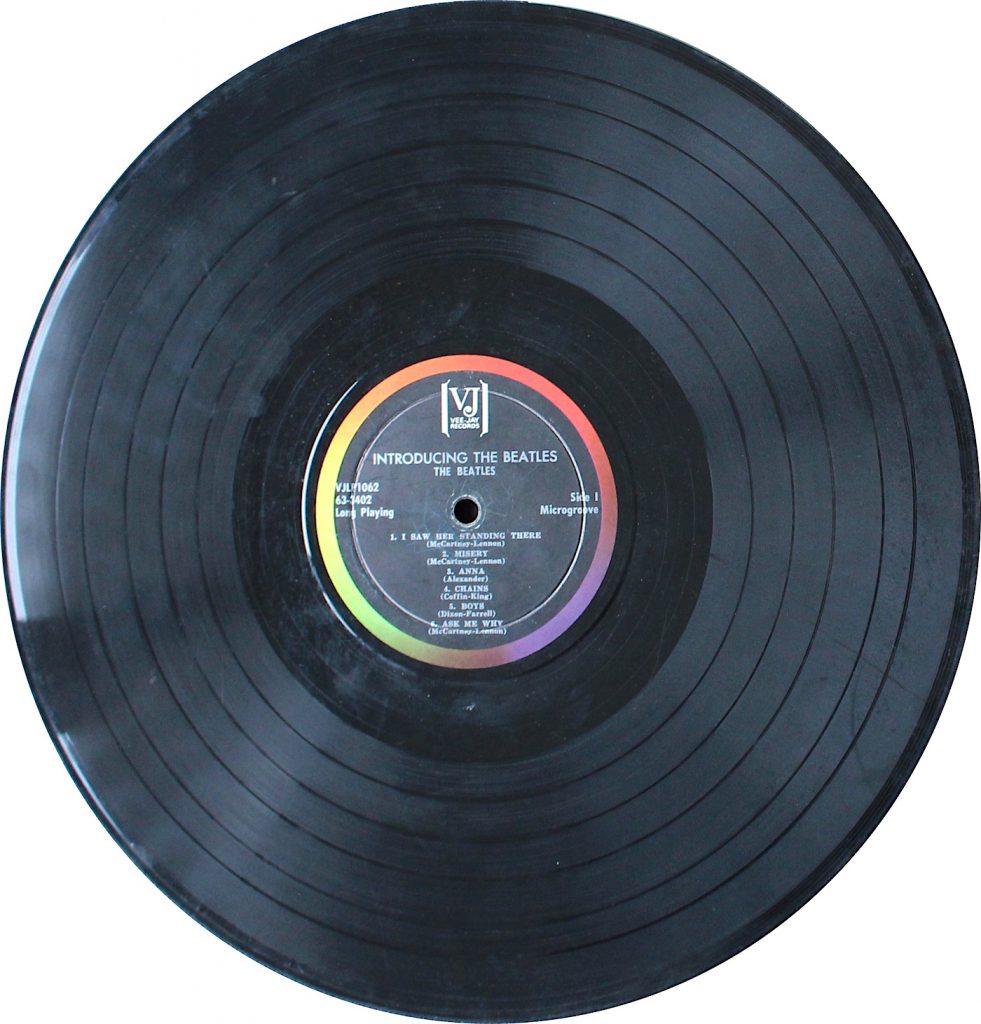
Post a Comment for "42 independent record labels 1950s"